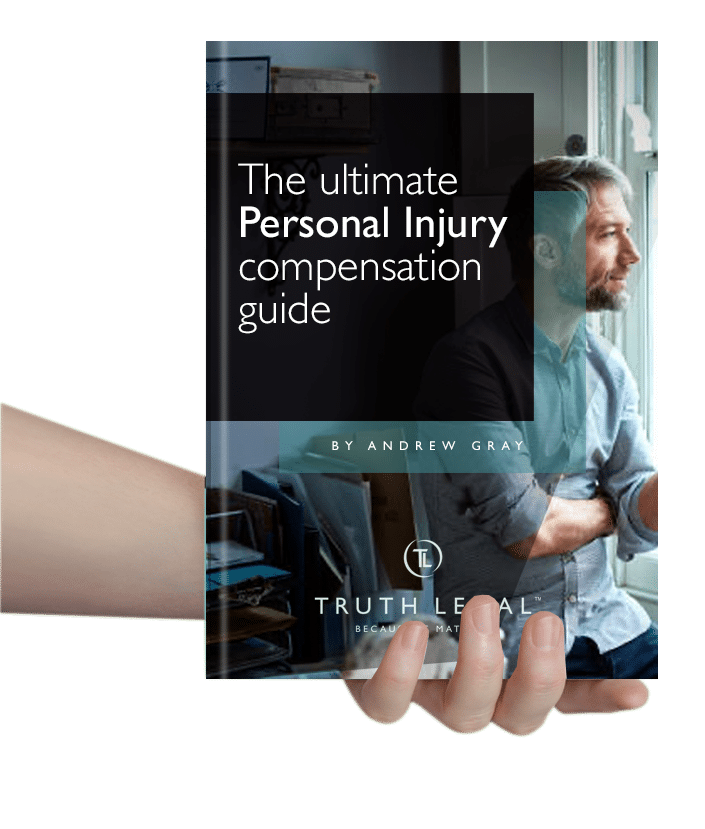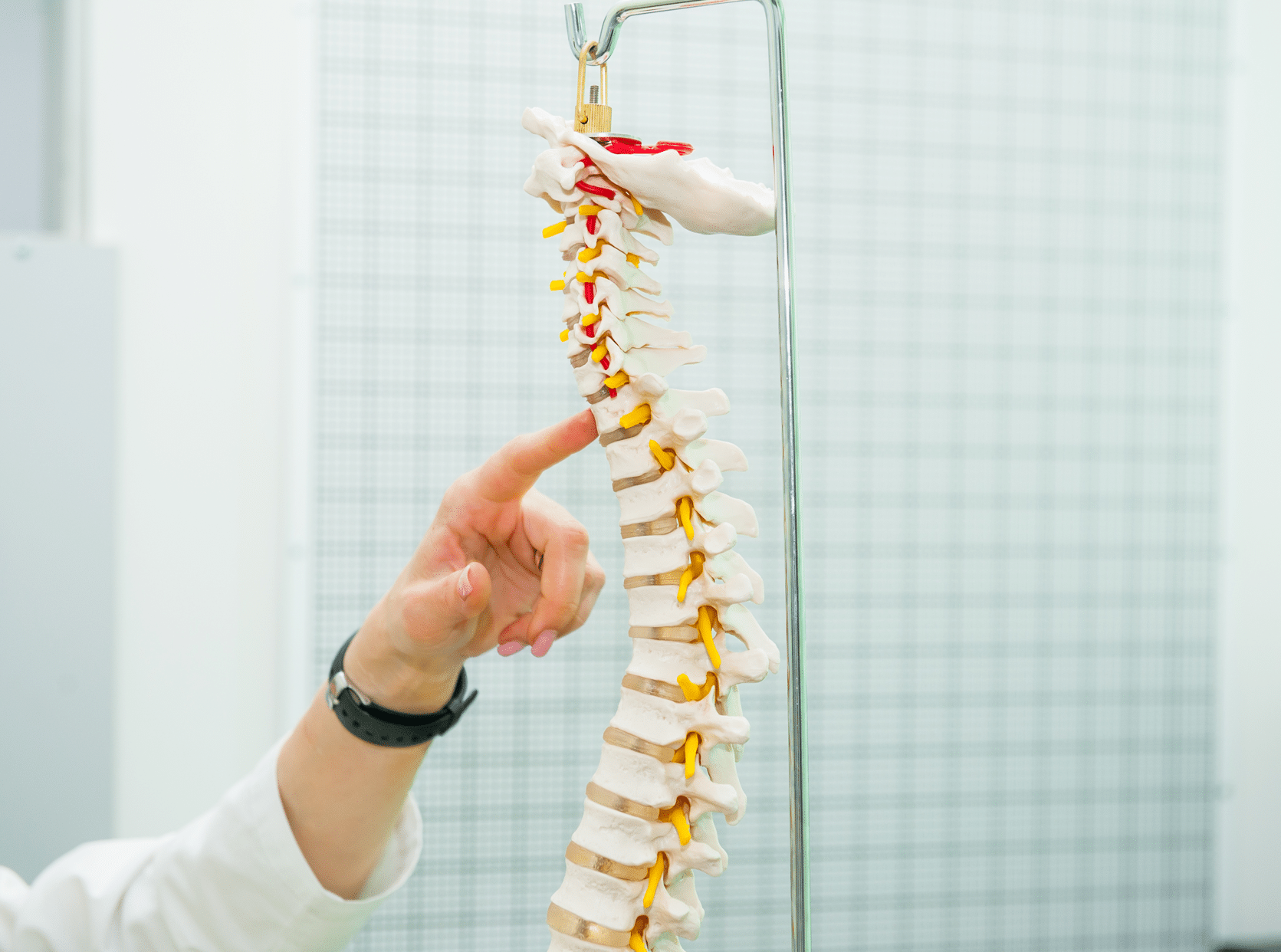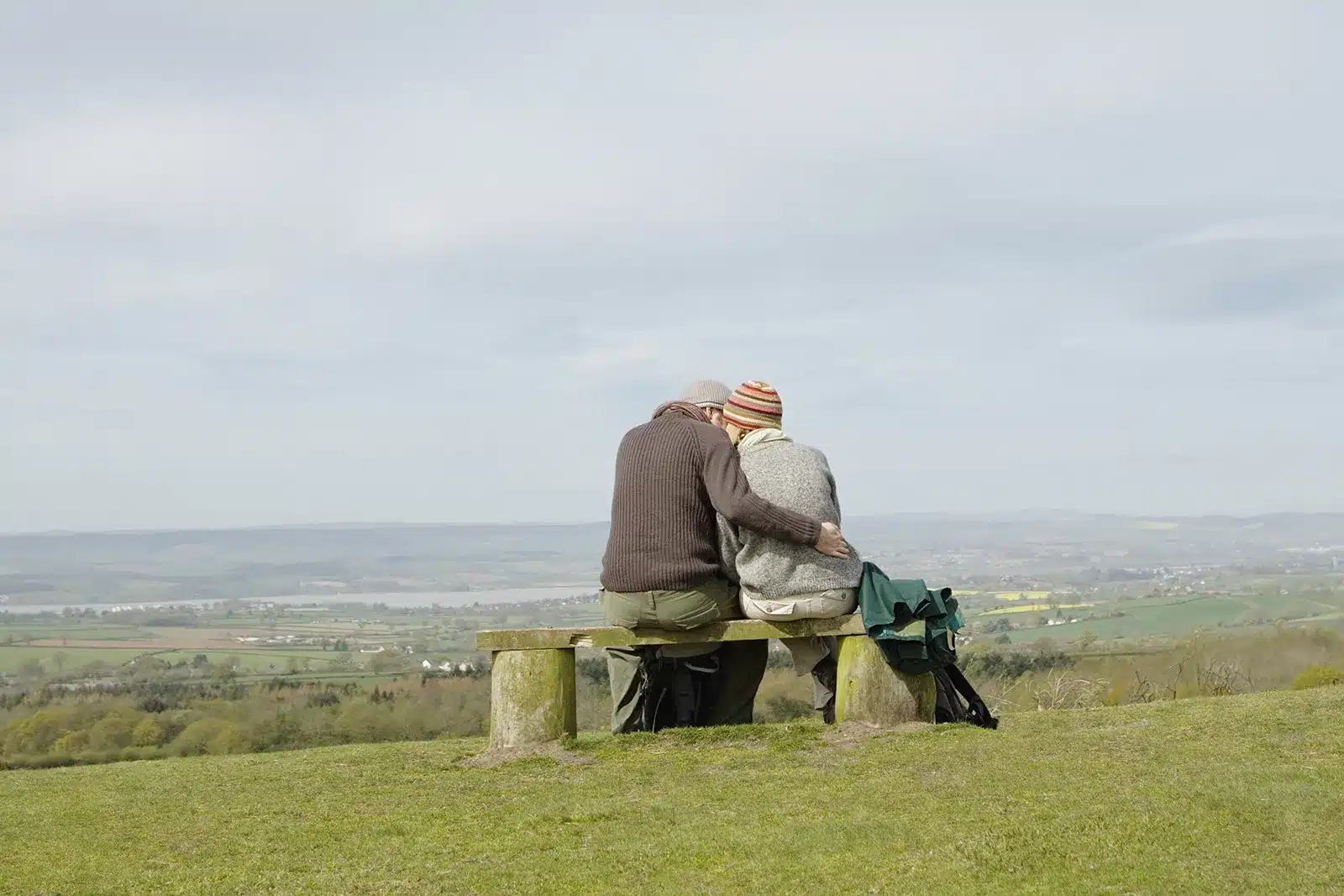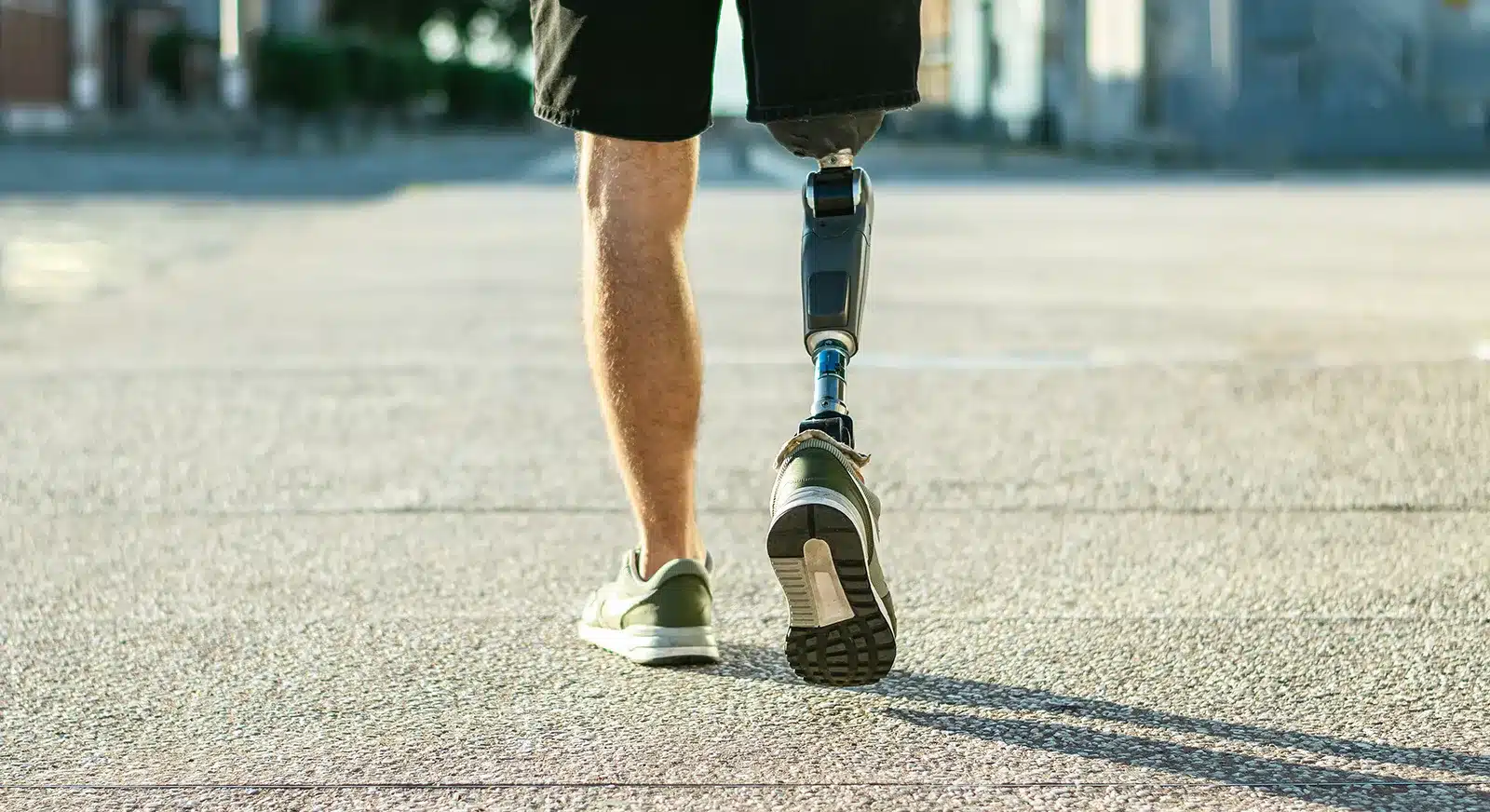Night shifts are both physically and mentally demanding, but they can also be dangerous. Research suggests that people on night shifts are three times more likely to be injured in an accident at work than their day shift colleagues. The research also indicates that night shift workers are twice as likely to have a road traffic accident on their way home from work.
If you have been injured on, or as a result, of night shift work patterns, Truth Legal are here for you.
Claim night shift injury compensation with Truth Legal
Claiming compensation for a personal injury at work requires specialist legal representation. It is important that you are being advised by expert solicitors who are experienced in this area of law. Truth Legal’s friendly team of solicitors and Legal Executives have the knowledge and skill required to handle these often-complicated cases, and can secure you the right amount of compensation.
We are based in Harrogate with presences in York, Manchester, and London. We would like to sit down with you for a free, no-obligation consultation and to discuss any ways in which we can help you. Alternatively, we can speak with you over the telephone. Contact us now to begin your claim.
If you would like Truth Legal to take over handling a claim you have already started with another firm – perhaps because unqualified paralegals are running your case, or your case-handler is running too many cases at once – you can easily switch or change your solicitors to Truth Legal.
If you have already settled your claim, it is unfortunately not possible to reopen it with another law firm. However, if you believe your legal representatives may have mishandled your case, it may be possible to bring a claim against them for professional negligence.
Making a successful claim for a night shift accident
The Working Time Regulation 1998 imposes restrictions on work patterns. These include:
- Maximum weekly working hours
- Restrictions on the amount of night shift hours in a given period
- Rest period entitlements
- Leave entitlements
Any breach of these regulations is usually a clear indication that your employer has failed in their duties towards you. However, even if these regulations have not been contravened, your employer may still have failed in their more general legal duties to safeguard your health. Good practice guidelines from the Health and Safety Executive are influential in whether employers have done all they can to manage and minimise the risks posed by night shift work. These guidelines include recommendations to:
- Improve shift-work schedules – such as rotating night shift workers frequently.
- Shorten the length of night shifts.
- Improve the working environment to help worker performance.
- Assess workloads and staffing resources to determine whether night shifts place too heavy a burden on workers.
Perhaps the biggest challenge in night shift accident claims is proving the link between fatigue from working patterns and the accident. This may require expert evidence, such as medical and occupational health reports, as well as witness statements from you and your colleagues.
Reduced performance can cause such effects as:
Guidance from the Health and Safety Executive on shift patterns recognises that, during night time hours, workers often operate at reduced levels of performance. Even workers permanently on night shifts experience these effects. Successive night shifts can actually cause a more drastic effect on workers’ performance. This might include:
- Impaired decision-making capabilities.
- Poorer memory.
- Reduced awareness.
- Slower reaction times.
Any number of these effects, in certain circumstances, could easily lead or contribute to an accident happening at work. However, links have also been made between shift work and certain health conditions, including:
- Gastrointestinal disorders.
- Psychological conditions.
- Cardiovascular problems.
- Increased susceptibility to minor illnesses such as colds/flu etc.
Employers are legally bound to protect their workers’ safety and health as much as possible. As such, they are under a duty to reduce any risks caused by night shift work patterns. If they fail to do so, and an accident happens where fatigue was a factor, they may be liable for the accident.
If you have been injured at work, either whilst you were working on a night shift, or where exhaustion from a night shift played a part, you may be able to claim compensation for your injuries and any other harm you have suffered.
Making a successful claim for a night shift accident
You must prove several legal elements to be successful in a night shift accident claim:
Your employer’s conduct must have fallen short of the standards which the law expects of them.
You must be able to prove the injuries and losses which you have suffered, and support the amounts of compensation you are claiming for them.
This must have caused, or contributed to, the injuries and other losses for which you are claiming.
Can I bring night shift accident claim on a ‘No Win No Fee’ basis?
In most situations, Truth Legal can use a ‘No Win, No Fee’ agreement to fund your claim. This ensures that, in all but very rare circumstances, you will not have to pay for our fees if we do not recover compensation for you.
If we are successful, some money will be deducted from your compensation award to pay our fees in part. Most fees, however, are recovered from the party you are claiming from (or more commonly their insurers). This is the normal way for ‘No Win No Fee’ Agreements to work.
How long do I have to make a claim?
There are time limits which apply to all personal injury claims. The time limit may vary but, in general, you must make your claim within 3 years of the date of the accident.
If you are thinking of bringing a claim for a night shift accident, or you are worried matters have been left for too long, contact us as soon as possible so that we can advise you fully.
If you have any questions about funding your claim, please contact us so that we can explain matters further.
Further reading
Read our extensive guide for more information on accidents at work claims.
























